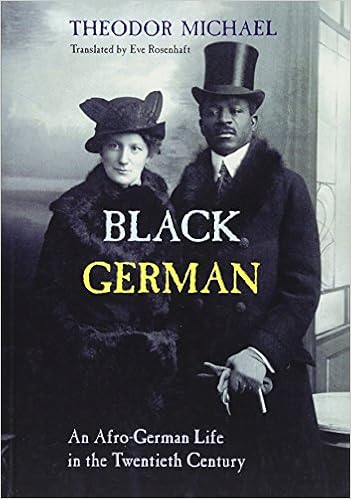Tropics of Haiti: Race and the Literary History of the Haitian Revolution in the Atlantic World, 1789-1865
Liverpool University Press
May 2015
848 pages
234 x 156mm
Hardback ISBN: 9781781381847
Paperback ISBN: 9781781381854
Marlene L. Daut, Assistant Professor of English and Cultural Studies
Claremont Graduate University, Claremont, California

The Haitian Revolution (1791-1804) was an event of monumental world-historical significance, and here, in the first systematic literary history of those events, Haiti’s war of independence is examined through the eyes of its actual and imagined participants, observers, survivors, and cultural descendants. The ‘transatlantic print culture of the Haitian Revolution’ that this literary history shows was created by novelists, poets, dramatists, memoirists, biographers, historians, journalists, and eye-witness observers, revealing enlightenment racial ‘science’ as the primary vehicle through which the Haitian Revolution was interpreted, historicized, memorialized, and fictionalized by nineteenth-century Haitians, Europeans, and U.S. Americans alike.
Through its author’s contention that the Haitian revolutionary wars were incessantly racialized by four constantly recurring racial tropes—the ‘monstrous hybrid’, the ‘tropical temptress’, the ‘tragic mulatto/a’, and the ‘mulatto legend of history’, Tropics of Haiti shows the ways in which the nineteenth-century tendency to understand Haiti’s revolution in primarily racial terms has affected present day demonizations of Haiti and Haitians. In the end, this new archive of Haitian revolutionary writing, much of which has until now remained unknown to the contemporary reading public, invites us to examine how nineteenth-century attempts to paint Haitian independence as the result of a racial revolution coincides with present-day desires to render insignificant and ‘unthinkable’ the second independent republic of the New World.
CONTENTS
- PRELUDE: On “Haitian Exceptionalism”
- INTRODUCTION: From Enlightenment Literacy to Mulatto/a Vengeance
- PART ONE: THE MONSTROUS HYBRIDITY OF MULATTO/A VENGEANCE
- 1. Baron de Vastey, Colonial Discourse, and the Global “Scientific” Sphere
- 2. Monstrous Testimony and Baron de Vastey in 19th-Century Historical Writing About Haiti
- 3. Victor Hugo and the Rhetorical Possibilities of Monstrous Hybridity in Revolutionary Fiction
- PART TWO: TRANSGRESSING THE TROPE OF THE TROPICAL TEMPTRESS
- 4. Moreau de Saint-Méry’s Daughter and La Mulâtre comme il y a beaucoup de blanches (1803)
- 5. “Born to Command:” Leonora Sansay and the Paradoxes of Female Resistance in Zelica; the Creole
- 6. Theresa to the Rescue!: African American Women’s Resistance and the Literary History of the Haitian Revolution
- PART THREE: THE TROPE OF THE TRAGIC MULATTO/A AND THE HAITIAN REVOLUTION
- 7. “Sons of White Fathers”: The Tragic Mulatto/a and the Haitian Revolution in Victor Séjour’s “Le Mulâtre”
- 8. Between the Family and the Nation: Toussaint L’Ouverture and The Interracial Family Romance of the Haitian Revolution
- 9. Romance and the Republic: Eméric Bergeaud’s Ideal History of the Haitian Revolution
- PART FOUR: REQUIEM FOR THE “MULATTO LEGEND OF HISTORY”
- 10. The Color of History: The Transatlantic Abolitionist Movement and William Wells Brown’s “Never-to-be-forgiven-course-of the-mulattoes”
- 11. Victor Schoelcher, “L’Imagination Jaune,” and the Francophone Geneaology of the “Mulatto Legend of History”
- 12. “Let us Be Humane after the Victory: Pierre Faubert’s New Humanism
- CODA : Today’s Haitian Exceptionalism
- Works Cited
- Index







